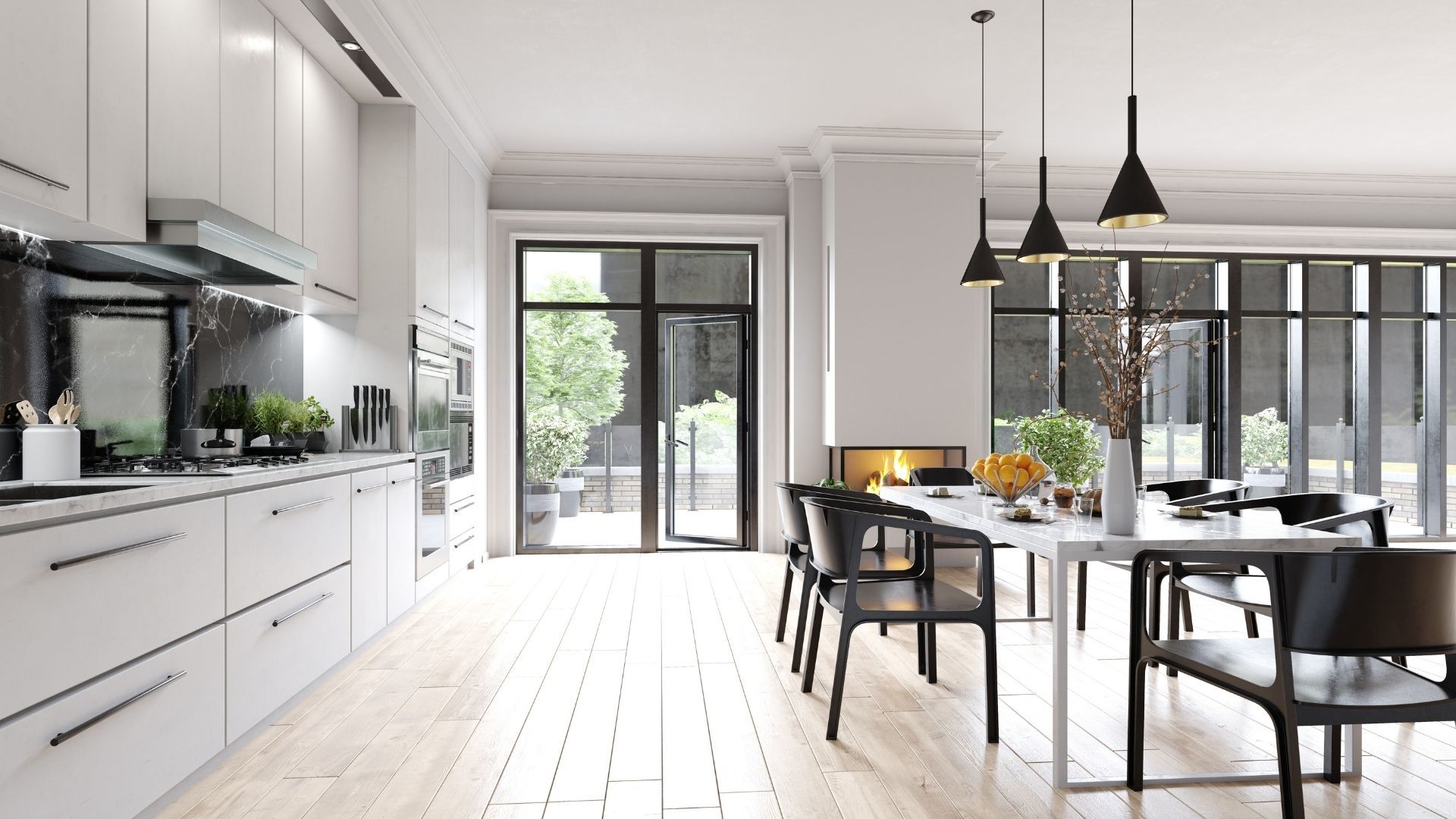Online Mortgage Calculators, Can You Trust Them?
You’d think an online calculator is a pretty straight forward device, one that you should be able to place your full confidence in, and for the most part they are. Calculators calculate numbers, the numbers are reliable, but how you interpret those numbers… not so much, especially if the goal is mortgage qualification.
If you rely on the numbers from a “What can I afford” or “Mortgage Qualification” calculator without talking to a mortgage professional, you are going to be misinformed. Don’t be fooled, while an online mortgage calculator can help you calculate mortgage payments, or help you assess how additional payments would impact your amortization, they will never be able to give you an exact picture of what you can actually afford and how a lender will consider your mortgage application.
While mortgage calculators are objective, mortgage lending isn’t. It’s 100% subjective. A lender will consider your financial situation, employment, credit history, assets, liabilities, the property you are looking to purchase, and then compare that with whatever risk profile they currently have the appetite to lend to. Simply put, they don’t just look at the numbers.
An online calculator is a great tool to help you to run different financial scenarios and to help you assess your comfort level with different payment schedules and mortgage amounts, but please don’t rely on an online calculator for mortgage qualification purposes, you will be disappointed.
When the time is right, the very first step in the mortgage qualification process is a preapproval. A preapproval will take a look at all the variables on your application, assess your financial situation, and provide you with a framework to buy a property, based on your unique circumstance. Securing a preapproval comes at no cost to you and you aren’t obligated to buy. It will simply allow you the freedom to move ahead with confidence, knowing exactly where you stand. Something a calculator is unable to do.
If you would like to talk more about your financial situation, please contact me anytime!
The post Online Mortgage Calculators, Can You Trust Them? appeared first on Dan Caird.

DAN CAIRD
Mortgage Agent | DLC
RECENT POSTS


CONTACT ME ANYTIME!
Thank you for contacting me.
I will get back to you as soon as possible
Please try again later
Dan Caird. All Rights Reserved | BRX Mortgage. Privacy and Content Notice.



